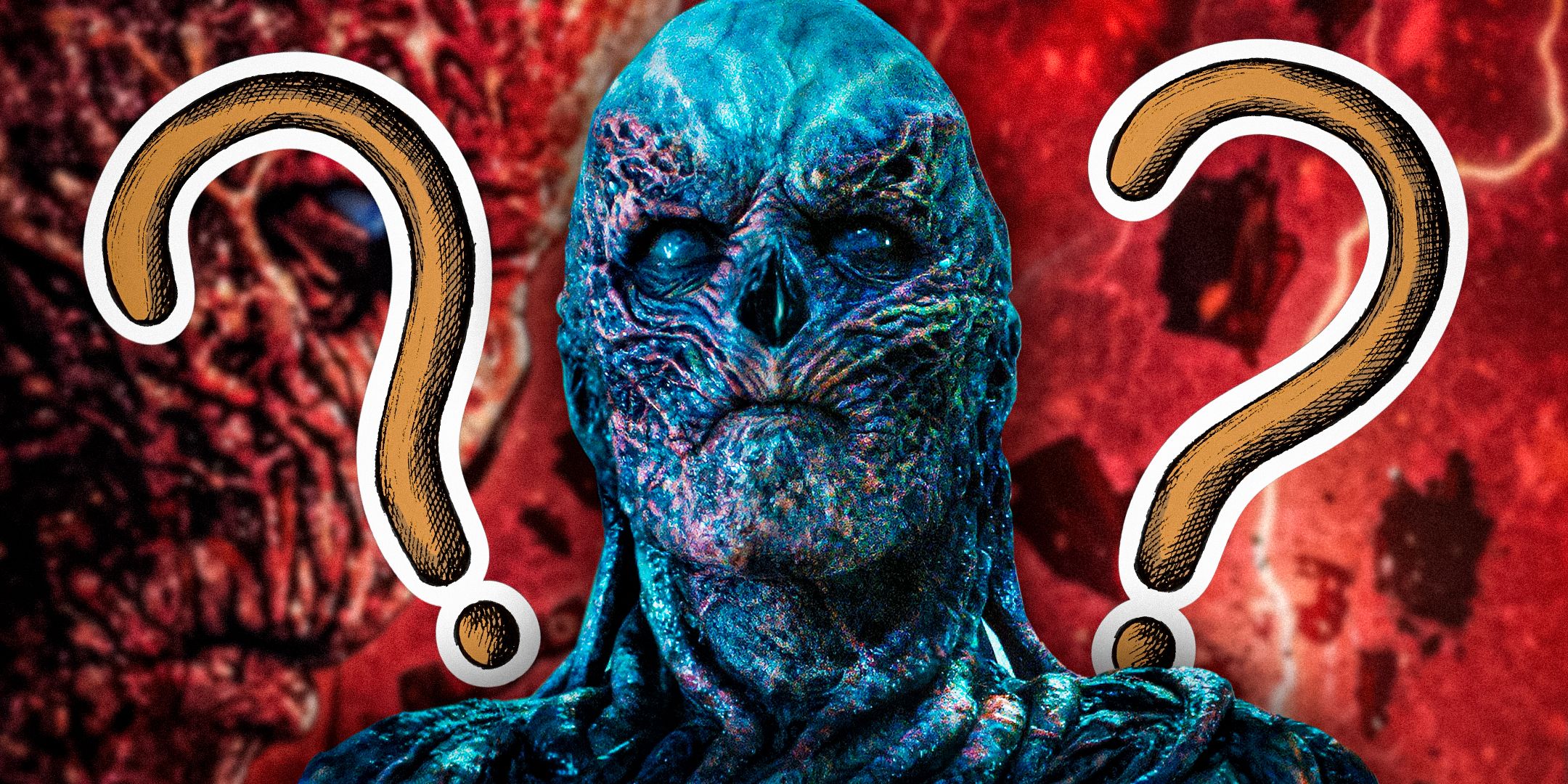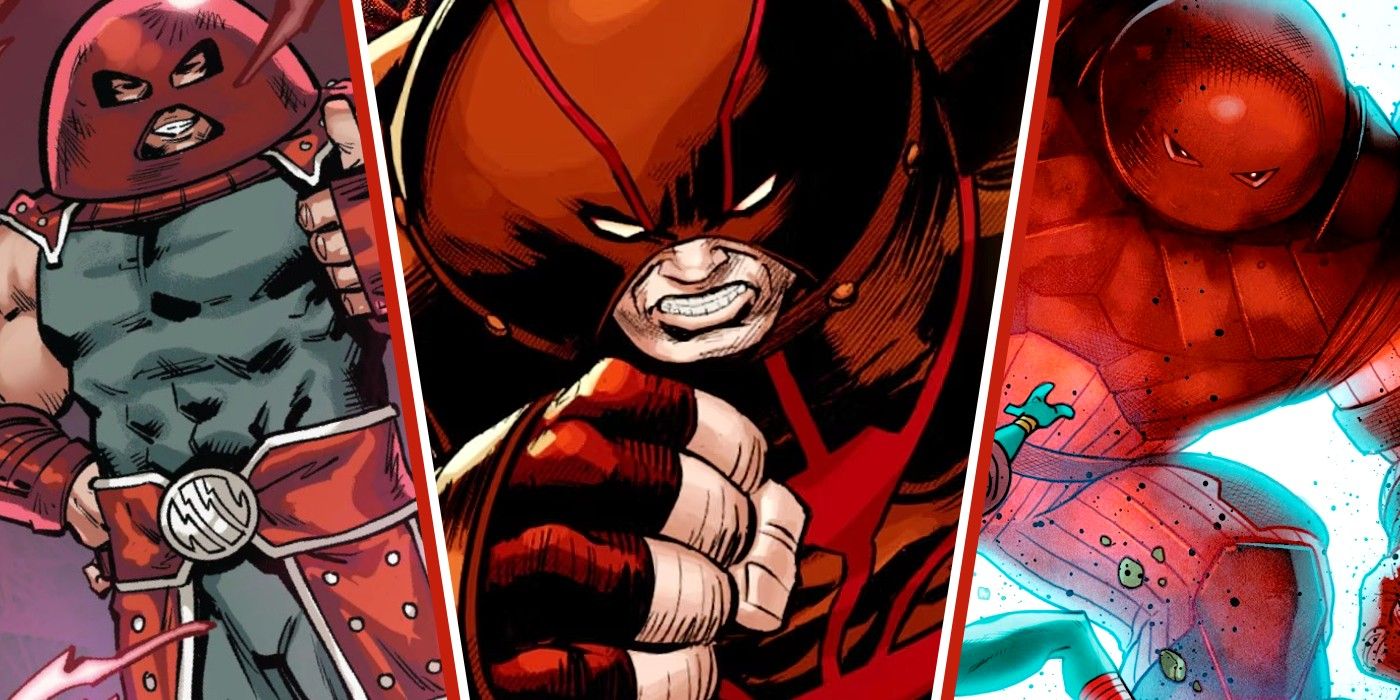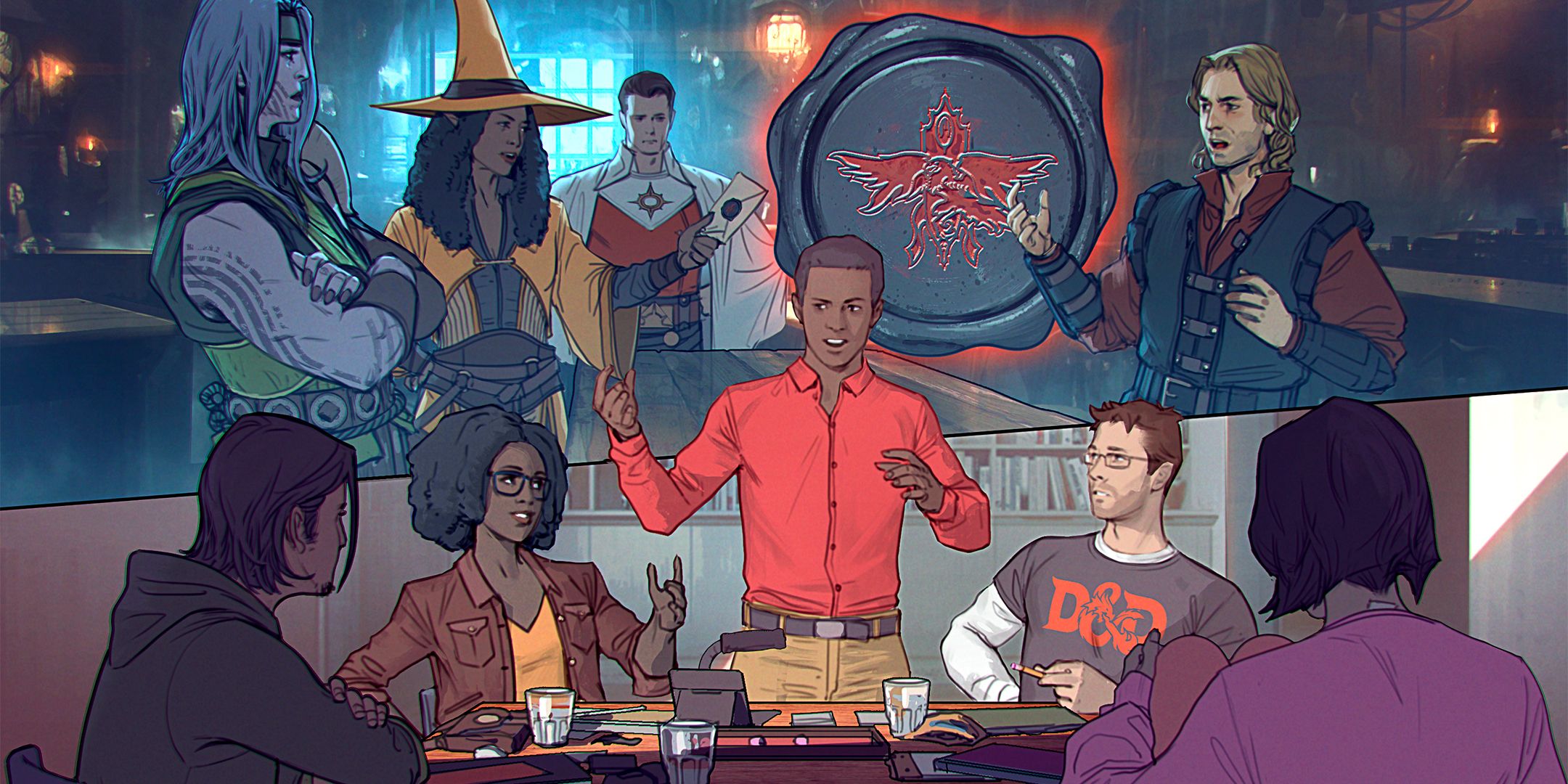Christopher Nolan’s Oppenheimer covers the most important moments in J. Robert Oppenheimer’s (Cillian Murphy) involvement in the Manhattan Project and the development of the atomic bomb, but it skipped one important story that could’ve fixed the movie’s bombing debate. Oppenheimer marked a first in Christopher Nolan’s career as it was his first biographical movie, based on the book American Prometheus by Kai Bird and Martin J. Sherwin. Oppenheimer takes viewers back to World War II and briefly to a couple of years earlier to meet J. Robert Oppenheimer, a theoretical physicist and teacher.
J. Robert Oppenheimer’s knowledge and skills attract the attention of U.S. Army Colonel Leslie Groves (Matt Damon), who recruits him as the director of the Manhattan Project. What follows is J. Robert’s work on the development of the atomic bomb along with personal struggles and the impact that the Hiroshima and Nagasaki bombings had on him. Oppenheimer was a huge critical and commercial success, but that doesn’t mean it was safe from controversy, including a debate over the movie not showing the Hiroshima and Nagasaki bombings, which could have been fixed by adding one pivotal part of J. Robert’s story.
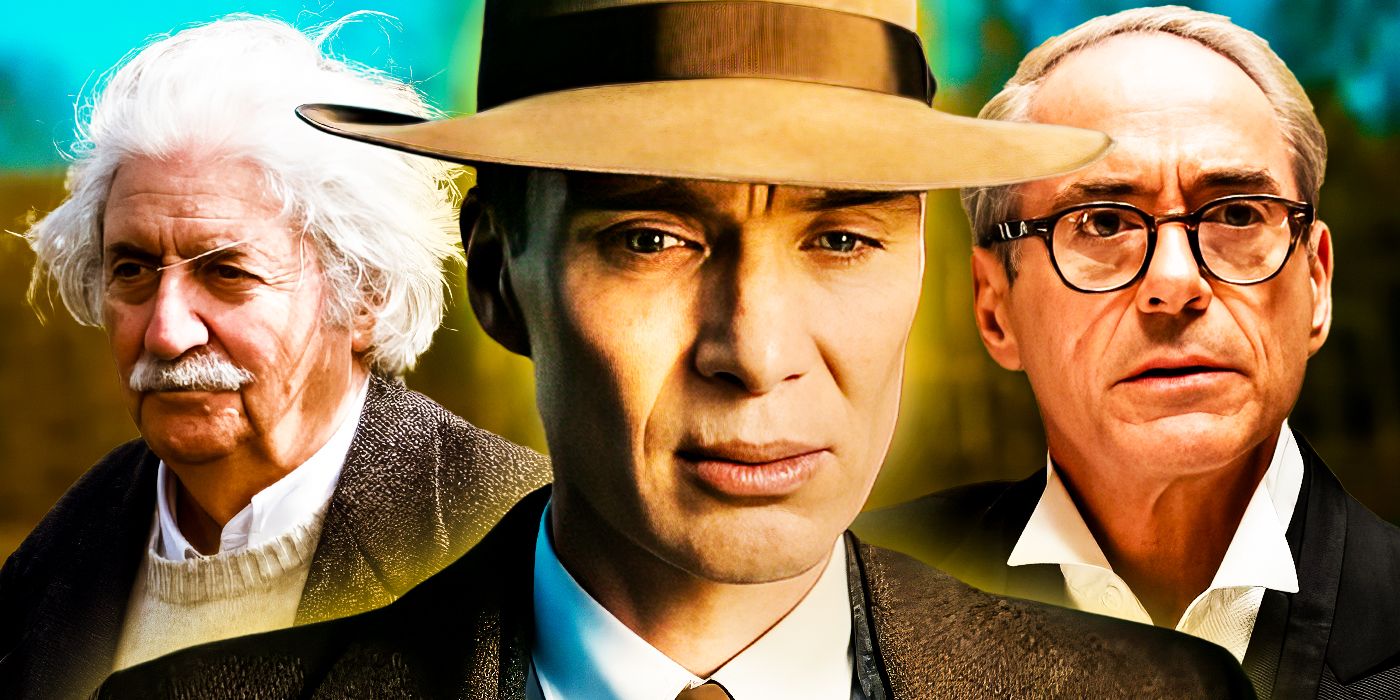
Oppenheimer’s Ending Explained – Can We Forgive J. Robert Oppenheimer?
Christopher Nolan’s Oppenheimer follows its titular subject — before & after he created the atomic bomb. We break down the biopic’s ending in detail.
Oppenheimer Left Out J. Robert’s First Trip To Japan In 1960
Oppenheimer omitted an important part of J. Robert’s story
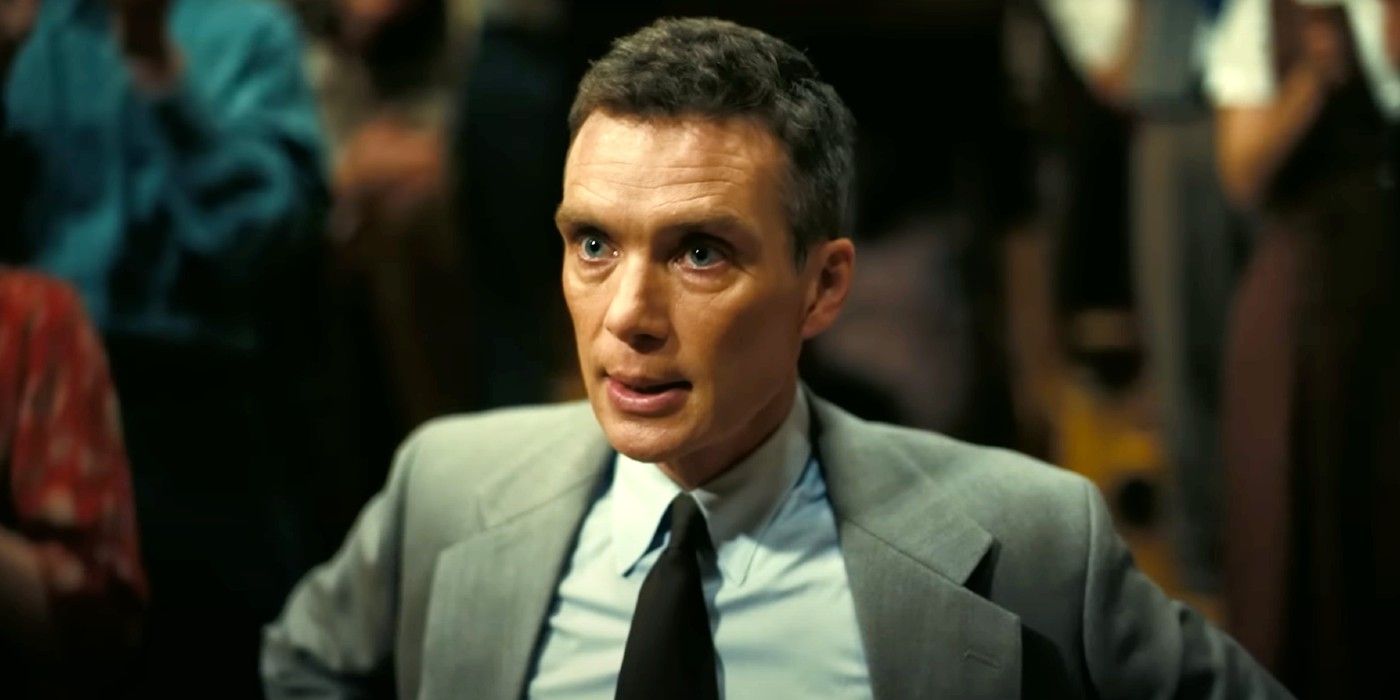
Oppenheimer has flashbacks to the 1920s to meet a young J. Robert and covers up to 1963, when J. Robert was presented with the Enrico Fermi Award as a gesture of political rehabilitation. As expected, many details and moments in J. Robert Oppenheimer’s personal life and career were left out, but one story, in particular, would have been beneficial to the film: J. Robert’s first trip to Japan, in 1960, 15 years after the Hiroshima and Nagasaki bombings.
On September 5, 1960, J. Robert Oppenheimer spoke at a press conference in Japan (via Japan Today), where Japanese reporters asked the uncomfortable but necessary questions to the “father of the atomic bomb”. One reporter asked Oppenheimer about his feelings coming to Japan as the man responsible for the development of the bombs dropped on Hiroshima and Nagasaki, and after a moment, Oppenheimer said the following:
I do not think coming to Japan changed my sense of anguish about my part in this whole piece of history. Nor has it fully made me regret my responsibility for the technical success of the enterprise. It isn’t that I don’t feel bad. It is that I don’t feel worse tonight than last night.
Oppenheimer was later asked if he would be visiting Hiroshima, and though he would have liked to, he said it probably wouldn’t have been “practical”. Speaking to the press in Kyoto a couple of days later, Oppenheimer said he wanted to educate as many people as possible about the importance of science, and in another talk days later, now in Osaka, an American student whose family lived in Hiroshima sent Oppenheimer an invitation to visit Hiroshima, stating citizens bore “no animosity” and instead hoped “there will never be another Hiroshima”. Oppenheimer never visited Hiroshima.
Oppenheimer’s Trip Would’ve Helped Show The Atomic Bomb’s Effect On Japan
Oppenheimer didn’t show the Hiroshima and Nagasaki bombings.
Despite following closely the development of the atomic bomb and the consequences of this on J. Robert’s professional and personal life, Oppenheimer didn’t show the Hiroshima and Nagasaki bombings. Oppenheimer mentions these and the aftermath at different points, and not showing the actual bombings sparked a lot of debate, with arguments made on both sides: some argued that the Japanese victims of the bombings deserved to have a voice in the movie’s story, while others argued that depicting the bombings would have been tasteless exploitation of one of history’s most horrific events.
Although J. Robert’s Japan trip came years later, between two events depicted in the movie, including it in the story would have been a natural way to get into the bombings that Nolan and company decided not to fully address. J. Robert’s trip to Japan would have shown the aftermath of the bombings, how the citizens reacted to Oppenheimer’s presence, and the latter’s reaction to the whole experience, as well as going deeper into his decision to not visit Hiroshima despite expressing interest in doing so.
The Japan trip would have fit with Nolan’s purpose of telling the story through J. Robert’s point of view, which is why the Hiroshima and Nagasaki bombings weren’t shown (via Time), as the Japan trip would have fully been an experience from his perspective.
Why Oppenheimer Didn’t Include His Trip To Japan
Not all parts of Oppenheimer’s story would have been easy to adapt.
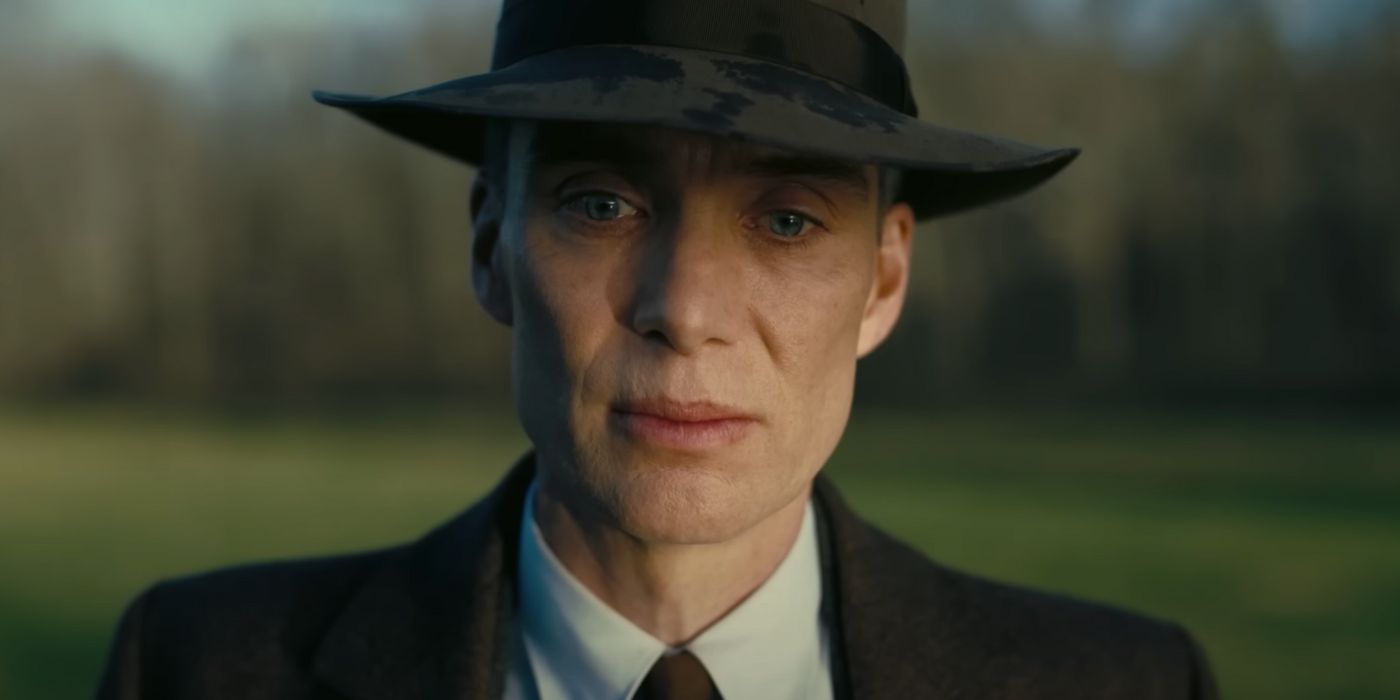
Christopher Nolan has already explained why he didn’t show the Japan bombings in Oppenheimer, but there hasn’t been an explanation for omitting J. Robert’s trip to Japan. Despite it fitting with the style of telling a story from J. Robert’s perspective, the Japan trip would have risked making the character more unlikeable than he already was by the end of the movie, though it’s not like Nolan wanted to glorify him, either. Just like with the Hiroshima and Nagasaki bombings, depicting J. Robert’s Japan trip could have been difficult to pull off correctly and could have sparked backlash.
Oppenheimer has been praised for its historical accuracy despite a couple of changes and embellishments here and there for the sake of adding more drama to it, but it has also been criticized for the things it omitted, of which some, like the Japan trip, would have benefited the story.
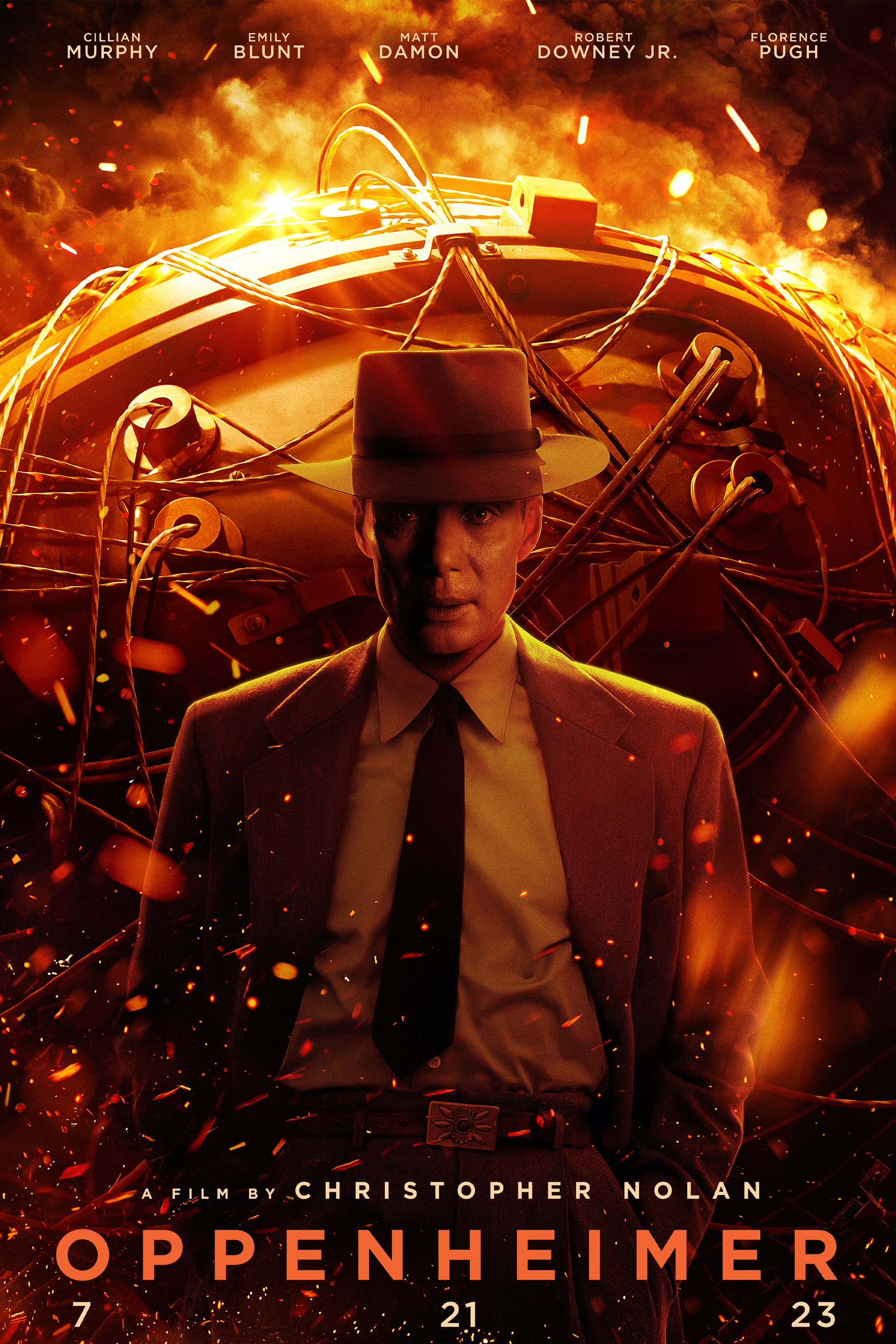
Oppenheimer
*Availability in US
- stream
- rent
- buy
Not available
Not available
Not available
Oppenheimer is a film by Christopher Nolan, which follows the theoretical physicist J. Robert Oppenheimer, the man behind the atomic bomb. Cillian Murphy will play the titular role, with the story based on the book American Prometheus: The Triumph and Tragedy of J. Robert Oppenheimer by Kai Bird and Martin J. Sherwin.
- Release Date
- July 21, 2023
- Director
- Christopher Nolan
- Cast
- Cillian Murphy , Emily Blunt , Matt Damon , Robert Downey Jr. , Rami Malek , Florence Pugh
